They participated in battles, faced conservative society and grew socially; check
Summary
The great women of history have come to life in fiction, bringing to light their struggles and successes.
The great women of history have come to life in fiction, bringing to light their struggles and successes. Names like Chica da Silva and Carmen Miranda have left numerous legacies to Brazilian culture and society. Next, take a look at the great women depicted in fiction.
Anita Garibaldi
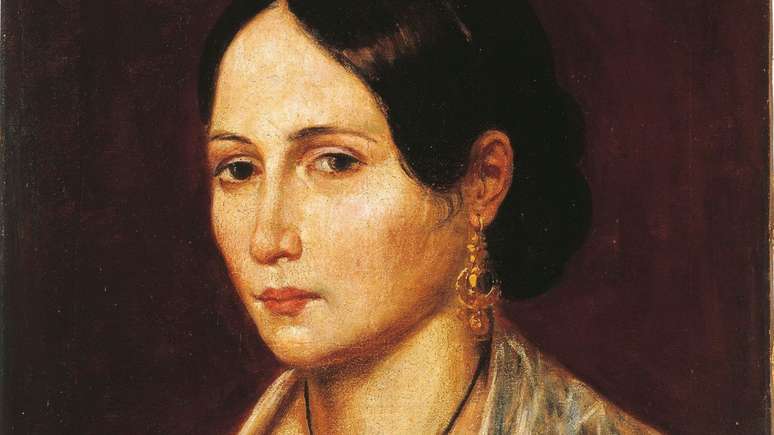
Anita Garibaldi was a Brazilian revolutionary who made history by fighting alongside Giuseppe Garibaldi, her companion, in battles that transcended borders. Anita actively participated in the Farroupilha Revolution in Brazil and in the fights for the unification of Italy.
Known as “the heroine of two worlds”, her determination in the fight for freedom made her an international icon. Despite her short life, Anita left a legacy of courage and passion for liberation causes, marking her name in history as one of the great revolutionary women.
On television she was played by the actress Giovanna Antonelli in the miniseries “A Casa das Sete Mulheres”, on Globo, which develops from the point of view of the women of the family of the Farrapos leader, Bento Gonçalves, and presents battles against the troops of the Empire as a background. At the cinema, in “Anita and Garibaldi”, the revolutionary was played by the actress Ana Paula Arósio.
Dona Beja
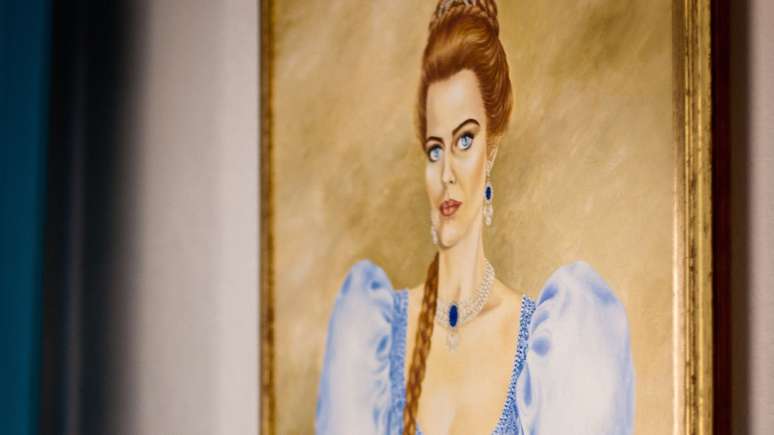
Ana Jacinta de São José, better known as Dona Beja, is a historical and legendary figure from Araxá, Minas Gerais. Recognized for her striking beauty and strong personality, her life was marked by episodes of resistance and daring in a patriarchal society.
After being kidnapped by the emperor’s ombudsman Joaquim Inácio Silveira da Motta, she began living as the man’s mistress for about two years. Subsequently, Emperor Dom João VI asked the man to return to Rio de Janeiro and, unable to take his wife with him, Beja returned to his city.
However, she faced a hostile environment, as people refused to see her as a victim, but rather as a seductive and deviant woman, considered a threat to married women. Dona Beja amassed a fortune living with Joaquim and, with the money, decided to build a luxurious house in the countryside, Chácara de Jatobá, where a brothel came to life. There he chose who to sleep with and always used the availability of those who could pay as a selection criterion.
The story of Dona Beja was told in the soap opera “Dona Beija”, on Rede Manchete, and had the actress Maitê Proença in the role of the woman who challenged the conservative society of the time.
Chica da Silva
-ts2frj24ndx1.jpg)
Chica da Silva was a black woman who marked Brazilian history with her path of social ascent during the period of slavery. Born in Vila Rica, Minas Gerais, as the daughter of an enslaved woman and a white man, Chica experienced a surprising transformation when she achieved her enfranchisement, freeing herself from slavery and establishing a lasting relationship with diamond entrepreneur João Fernandes de Oliveira, who granted him a prominent position and influence.
He managed to fit into the social circles of the time, made up mostly of whites, and bought several houses, as well as several people enslaved.
Chica da Silva was represented in fiction by the actress Taís Araujo, in the soap opera “Xica da Silva”, by Rede Manchete, and in the film of the same name, based on the book by João Felício dos Santos, with Zezé Motta in the role of Chica da Silva.
Maria Bonita
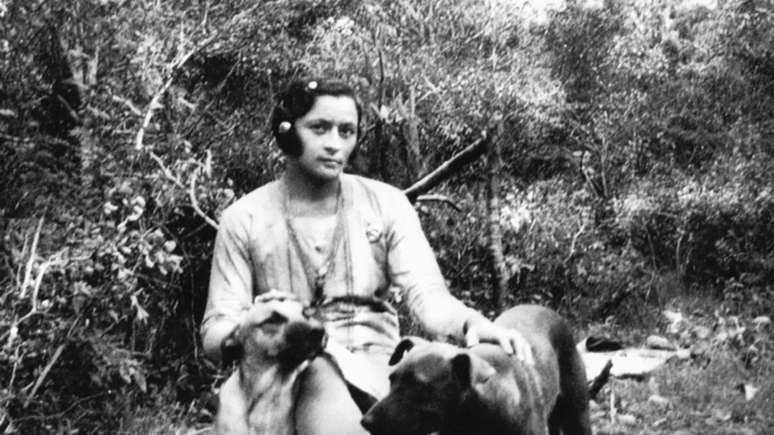
Maria Gomes de Oliveira, better known as Maria Bonita, was a Brazilian cangaceira and companion of Virgulino Ferreira da Silva, who became known as Lampião, the king of Cangaço. Born in the interior of Bahia, she was the first woman to participate in a group of cangaceiros.
She was married to a shoemaker cousin before falling in love with Lampião and decided to join the cangaço of her own free will, unlike other women who suffered abuse and were forced to join the group. However, he had to hand over the daughter he had with Lampião to a farmer.
Maria Bonita wore expensive jewelry and had benefits, as well as wearing silk dresses and using the same French perfume as Lampião. When he was at his companion’s side on the battlefield, he wore leather boots and cotton clothing.
In 1982, Globo produced the series “Lampião e Maria Bonita”, starring Nelson Xavier and Tânia Alves. The plot tells the last months of the king of Cangaço.
Carmen Miranda
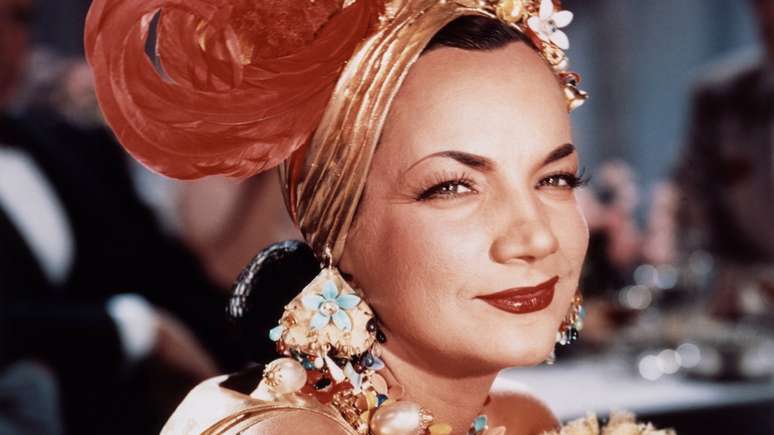
Carmen Miranda was one of the most iconic artists in Brazil and the world, known for her infectious energy and for being a pioneer in the internationalization of Brazilian culture. Born in Portugal, but raised in Rio de Janeiro, Carmen began her career in music and soon stood out for her vocal talent and stage presence.
In the 1930s he was already a star of Brazilian popular music, but it was with his arrival in Hollywood that his fame spread globally. He starred in several American films, in which he wore his exuberant costumes and turbans decorated with tropical fruits. Carmen created an image full of splendor, which made her a symbol of Brazil in the world.
Singer Priscilla Alcantara played Carmen Miranda in “Amor Perfeito”, a Globo soap opera that premiered in March 2023. Carmen also played herself in productions such as “Down Argentine Way” and “Laranja da China”.

The most powerful women in global soap operas
Source: Terra
Rose James is a Gossipify movie and series reviewer known for her in-depth analysis and unique perspective on the latest releases. With a background in film studies, she provides engaging and informative reviews, and keeps readers up to date with industry trends and emerging talents.

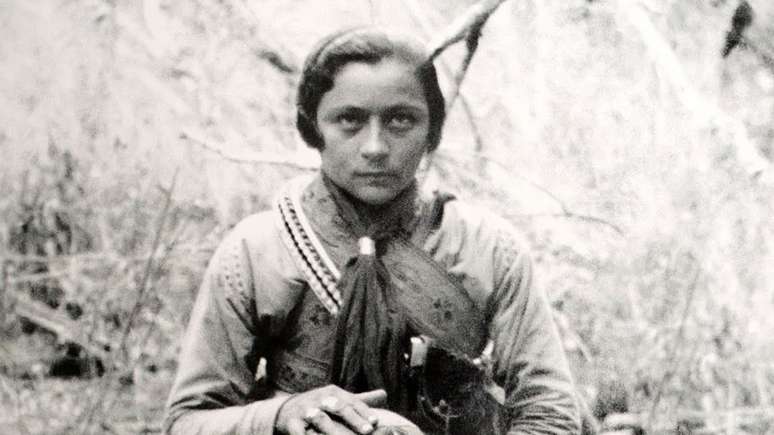

![It All Begins Here: What’s in store for Tuesday 21 October 2025 Episode 1289 [SPOILERS] It All Begins Here: What’s in store for Tuesday 21 October 2025 Episode 1289 [SPOILERS]](https://fr.web.img3.acsta.net/img/99/48/99481db5c03e1ff295fce95b23125991.jpg)


